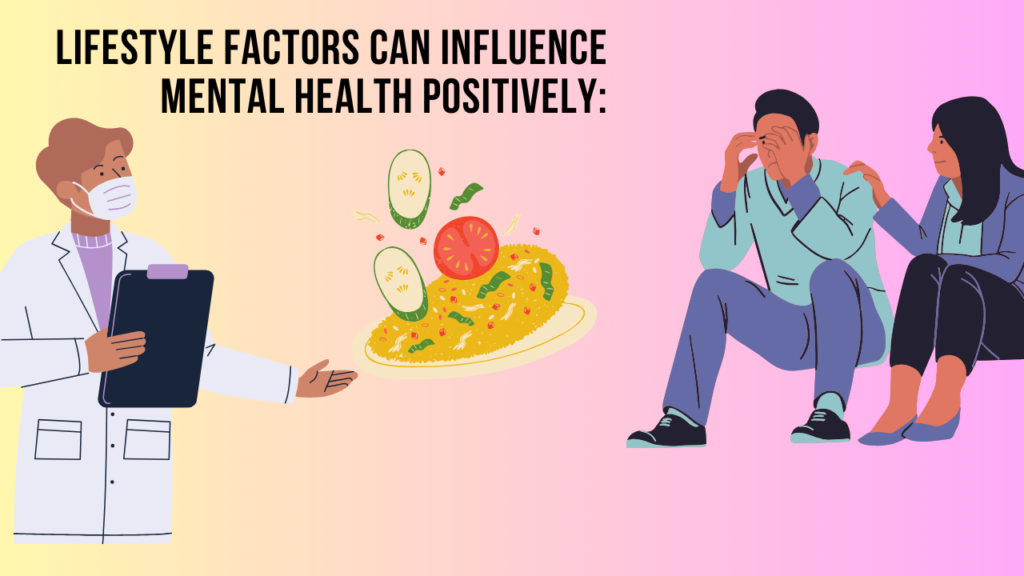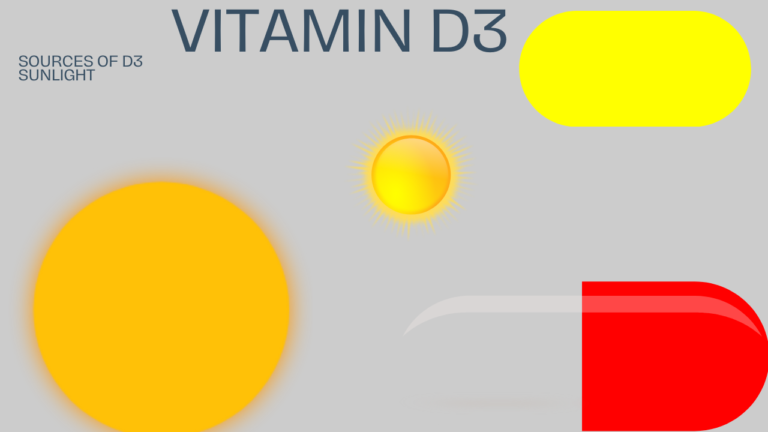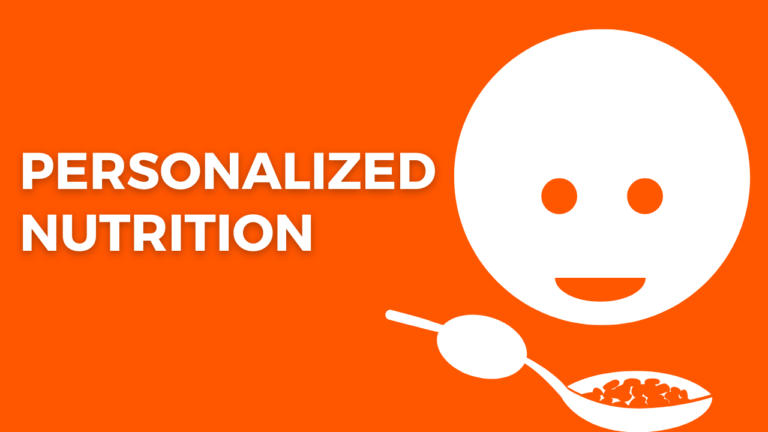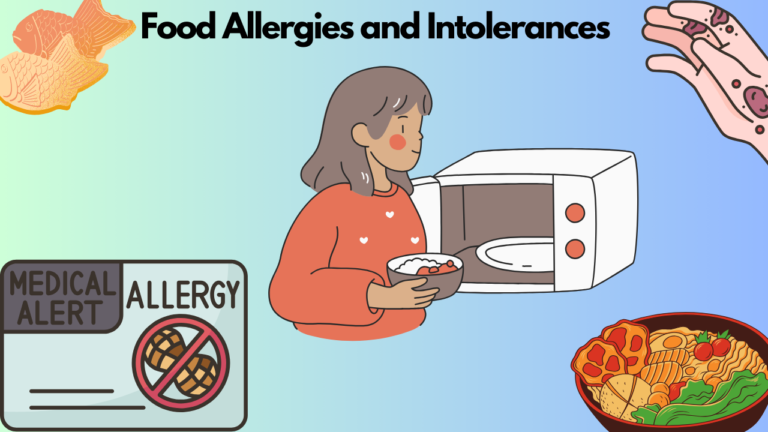lifestyle factors can influence mental health positively:

Lifestyle factors play a crucial role in mental health, and adopting healthy habits can contribute to overall well-being. Here are various lifestyle factors that can influence mental health positively:
1. Physical Activity: Regular exercise has been linked to improved mood, reduced stress, and enhanced cognitive function. Physical activity stimulates the release of endorphins, which are chemicals in the brain that act as natural mood lifters.
2. Sleep: Adequate and quality sleep is essential for mental health. Sleep deprivation can impact mood, cognitive function, and contribute to conditions like depression and anxiety. Establishing a regular sleep routine and creating a comfortable sleep environment are important for promoting healthy sleep.
3. Stress Management: Chronic stress can have detrimental effects on mental health. Adopting stress management techniques such as meditation, deep breathing, yoga, or mindfulness can help reduce stress levels and promote mental well-being.
4. social connections: Maintaining Positive Social Relationships Is Crucial For Mental Health. Social connections Provide emotional support and a sense of belonging, reducing feelings of isolation and loneliness. Spending time with friends and family can contribute to overall happiness.
5. Healthy Relationships: Healthy relationships, both romantic and platonic, contribute to mental well-being. Communication, trust, and mutual support are essential elements of a healthy relationship.
6. Work-Life Balance: Balancing work and personal life is important for mental health. Chronic overwork, excessive job demands, and a lack of work-life balance can lead to burnout and negatively impact mental well-being.
7. Mindfulness and Relaxation: Incorporating mindfulness practices, such as meditation and relaxation techniques, can help manage stress and improve mental clarity. these Practices Encourage Living In The Present Moment And Cultivating A Sense Of Calm.
8. Hobbies and Leisure Activities: Engaging in hobbies and leisure activities that bring joy and fulfillment can positively impact mental health. Taking time for activities that provide relaxation and enjoyment is important for overall well-being.
9. Limiting Substance Use: Excessive use of substances such as alcohol, tobacco, or recreational drugs can have negative effects on mental health. Moderation or abstinence from these substances is generally recommended for optimal mental well-being.
10. Nutrition: A well-balanced diet, rich in essential nutrients, is important for both physical and mental health. Nutrient deficiencies can impact brain function and contribute to mental health issues.
11. Self-Care: Prioritizing self-care involves taking time for oneself to relax, recharge, and engage in activities that bring joy. This can include practices like taking a warm bath, reading a book, or spending time in nature.
12. Cognitive Behavioral Strategies: Adopting positive cognitive behavioral strategies involves identifying and challenging negative thought patterns. This can help reshape thinking and promote a more positive outlook on life.
It’s important to recognize that these lifestyle factors are interconnected, and a holistic approach to mental health involves addressing multiple aspects of one’s life. If someone is experiencing persistent mental health challenges, seeking support from a mental health professional is advisable.






